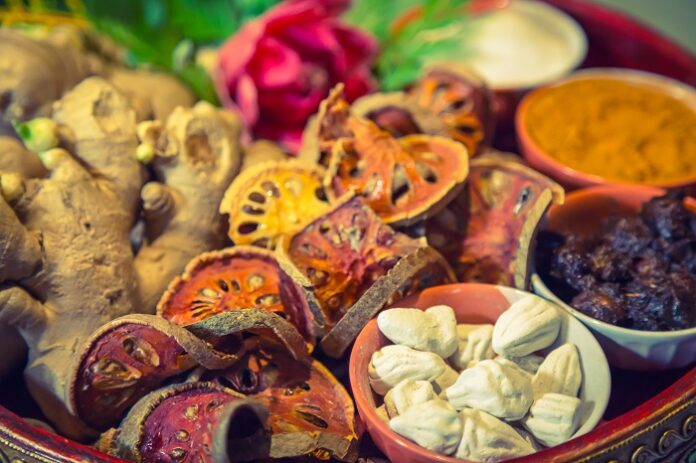India’s rich heritage of traditional medicine has moved beyond the realm of ‘dadima ke nuskhe’ with a significant step forward—an agreement between the Government of India (GoI) and the World Health Organization (WHO). The inclusion of traditional medicine in WHO’s International Classification of Health Interventions (ICHI) marks a major breakthrough. This structured classification allows global recognition and understanding of these therapies, opening the door for Indian systems like Ayurveda, Siddha, and Unani to play a central role in modern healthcare.
Global Wellness Trends Drive Renewed Interest
Growing concerns about wellness and the rising demand for natural, plant-based cures have revived interest in traditional medicine. However, this surge in attention has also led to misuse. With traditional remedies often lacking codified standards and relying on hyper-local plant resources, the market saw a proliferation of unverified, and sometimes fraudulent, products. This highlighted the urgent need for scientific validation and regulation.
Digital Safeguards Against Biopiracy
Recognising these challenges, the GoI launched the Traditional Knowledge Digital Library (TKDL) in 2001. Its aim was to digitise and document India’s traditional medicinal knowledge systematically, thereby protecting it from biopiracy. The TKDL has since become a critical tool in preserving the authenticity and therapeutic value of traditional systems, ensuring they are not dismissed as mere folklore.
Partnership with WHO Enables Integration with Modern Medicine
As reported by Economic Times, the partnership with WHO now takes this effort to the next level. By standardising traditional interventions through inclusion in ICHI, India can integrate its traditional medicine into mainstream healthcare. This collaboration ensures that validated therapies gain the same respect and regulatory acceptance as modern medical treatments.
Economic Opportunities Through Standardisation and Biodiversity
Moreover, this global recognition creates economic potential for local communities. These communities, as custodians of genetic resources and traditional knowledge, can benefit from agreements under the UN Convention on Biological Diversity. India enables the replication and scaling of genetic resources for pharmaceutical development. This not only preserves its knowledge heritage but also unlocks new economic avenues.
A Future Where Tradition Meets Science
In summary, India’s collaboration with WHO is more than symbolic—it is a strategic move to elevate traditional medicine through scientific validation and global adoption. With proper standardisation, documentation, and collaboration, traditional Indian medicine can become a trusted pillar of modern, integrative healthcare systems worldwide.
























